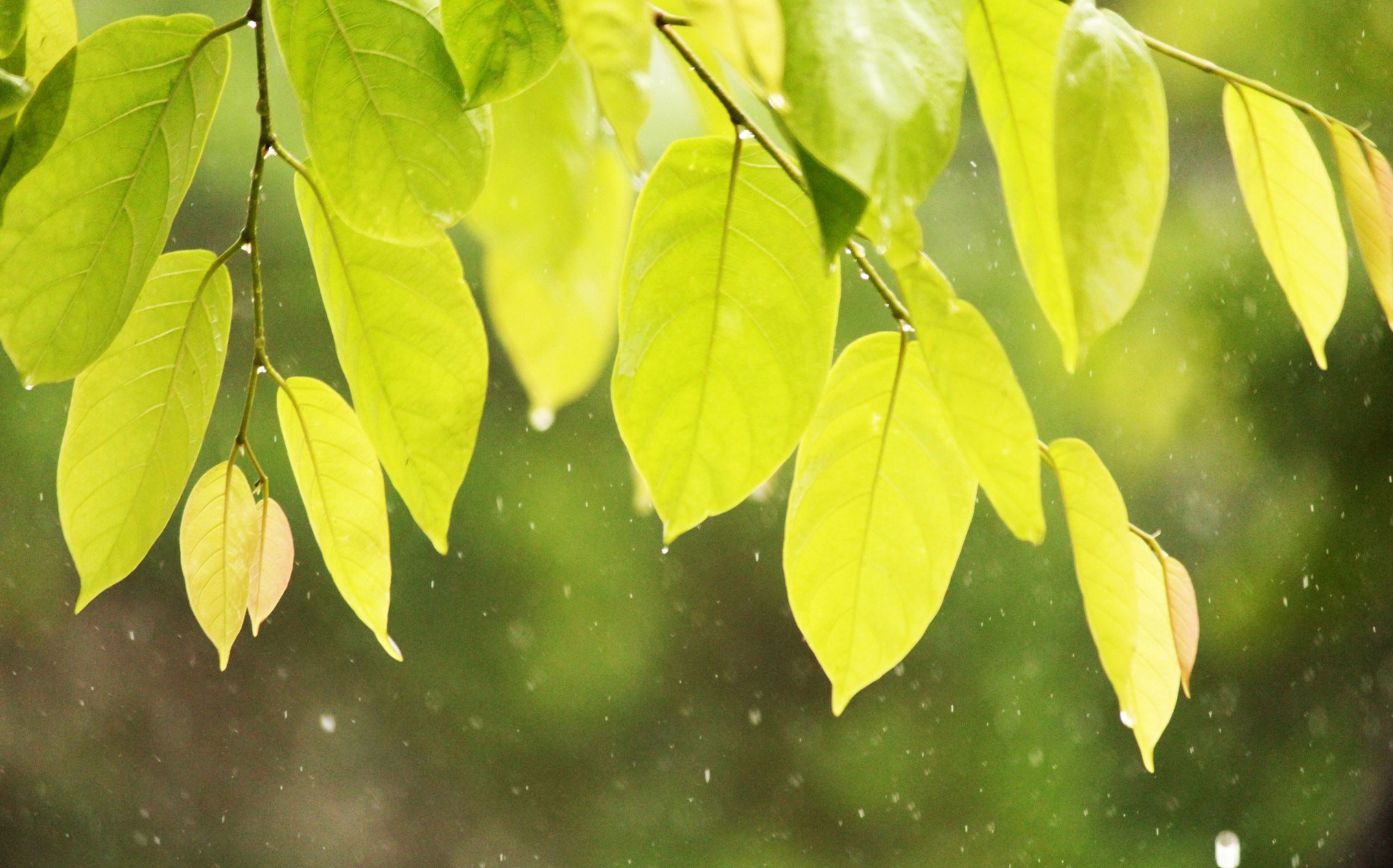Happy Earth Day
Happy Earth Day everyone!
I’m sure everyone here has heard the stat “only 2.5% of earth’s water is freshwater” but did you know that only 1% of that water is actually accessible? “I know we’re all social distancing, but I still want to talk about ways we can preserve the planet’s most important resource, even if we can’t go outside to plant a tree.
It’s estimated that a 1-inch rainstorm deposits 27,154 gallons on one acre of land. During these ‘rain events,’ we can lose thousands of gallons of freshwater literally down the drain. Now to some extent, we aren’t losing it, but the potential for drinking use is gone.
See, storm drains almost universally are untreated. This means the water isn’t safe for consumption. If I’m a gallon of water and I land on a street, I’m going to pick up any dirt, chemicals, or waste that happens to be discarded into the street.
Can you see what I’m getting at? Let’s say your cigarette butt ends up in the road instead of a designated sand bin. Have you ever wondered where it goes?
Almost 100% of the time, it goes straight to a water body.
If you do a google search for algal blooms, you can see a direct result of your discarded cigarette. Algal blooms are, contrary to popular belief, not a naturally occurring phenomenon. We debunked this myth recently with Dan Nedvidek on a special episode of our Saving Stormwater Podcast.
Harmful Algal Blooms (HAB’s) occur when there is too much nutrient content (usually from storm drains) that causes hypoxic algae in a water body. Typically in an algal bloom, oxygen is snuffed right out of the water and can suffocate the local fish population.
HAB’s are also potentially dangerous to our own population. If you live by a lake or an ocean, it can be occasionally be shut down because of the toxicity of the HAB’s. Last year, a Utah lake had to be closed for a week due to HAB’s.
So what does this mean for you on Earth Day? Hopefully, it means you are more aware of our current stormwater pollution problem. What should you do about it? There are lots of things, but it starts with small actions every day.
- Making sure trash ends up in the trash can rather than in the street is a priority one!
- If you can recycle water, do it! This will mitigate your contribution to stormwater pollution and also cut your water usage.
- If you work in construction or in a sphere of work where you can ensure proper stormwater management, take some time to review your BMP’s and inspections. This is the time to review your activity.
While we might not be able to fix the planet in a day, we change our attitudes in an hour. Starting there is where our water quality might have a fighting chance.

